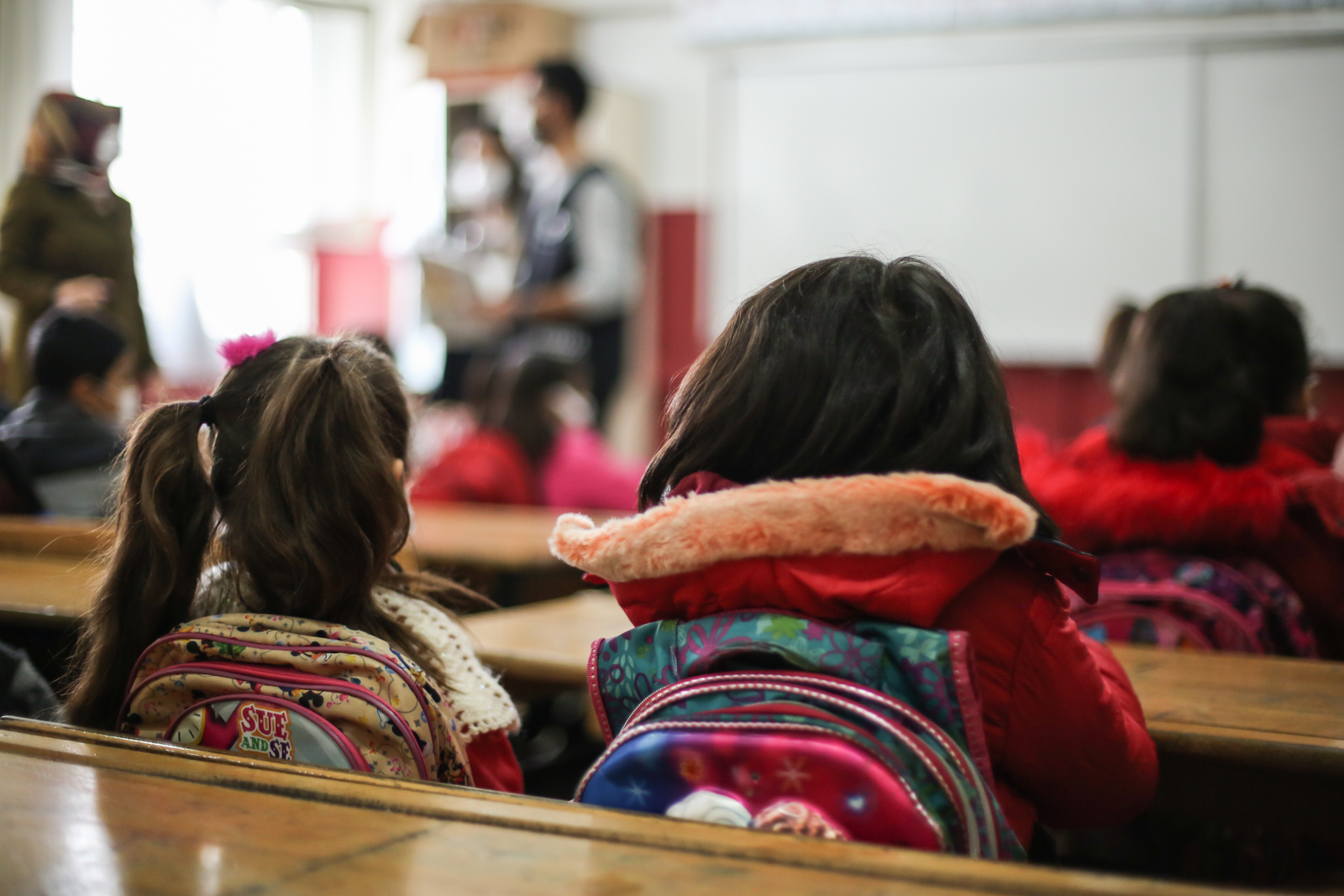
We’ll negotiate for release of 110 abducted schoolgirls says Nigerian president
Children in conflicts, Education in emergencies, Girls' education, Safe schools
Some parents of the Dapchi girls kidnapped by Boko Haram have welcomed the strategy, saying it is a safer option than using military force.
Nigeria’s government is not planning a military operation to rescue the 110 girls kidnapped from their school three weeks ago.
Instead, President Muhammadu Buhair intends to negotiate the release of the students taken from their school in Dapchi by Boko Haram gunmen.
Negotiations and reported ransom payments eventually led to the release last year of some of the Chibok schoolgirls who had been abducted in 2014.
“Nigeria prefers to have schoolgirls abducted by Boko Haram from Chibok and Dapchi back alive – and that is why it has chosen negotiation, rather than a military option,” said a statement from the president’s office.
“President Buhari added that Nigeria was working in concert with international organisations and negotiators, to ensure that the girls were released unharmed by their captors.”
Use of force will result in the death of many of the girls while negotiation provides for their safe return. Alhaji Bashir Manzo from Dapchi parents' group
Alhaji Bashir Manzo, chairman of a group representing Dapchi girls’ parents, said: “This is a welcome development and we are happy about it. Use of force, as the only option, will result in the death of many of the girls while negotiation provides for their safe return.”
Other parents pleaded with Nigerian authorities to find their daughters. Hauwa Abubakar, mother of Zara Brema Daba, said: “All I ask for is the government’s help.”
The father of Maryam Adamu Ahmed told SarahaTV: “I am calling on the government to save our children by any means possible.”
President Buhari’s statement was released after he met Rex Tillerson in the Nigerian capital Abuja yesterday – just hours before Tillerson was fired from his post as US Secretary of State by President Donald Trump today.
Tillerson said it was “heartbreaking” that the girls had been kidnapped from the Government Girls’ Science and Technical Secondary School in Yobe state on February 19.
He said Washington was “very engaged” with Nigeria and its neighbours “in supporting, equipping and training” as well as advising and providing information.
Tillerson added: “I think that’s the best way we can help the government of Nigeria secure the release these girls, which we hope will be done in a peaceful manner.”
About 30 parents of Chibok girls plan to be in Dapchi today to show solidarity with the families and to help them to cope with their trauma.
The Dapchi attack has chilling echoes of the mass abduction at Chibok, which is just 175 miles away. In April 2014, Boko Haram kidnapped 276 students from the Government Girls Secondary School, sparking the worldwide #BringBackOurGirls campaign. More than 100 of them are still missing.
In the aftermath of Chibok, a Safe Schools Initiative was launched in Nigeria in May 2014. It started with an investment from the Global Business Coalition for Education and was supported by the A World at School movement, raising funding from business leaders, government and government donors.
When Nigeria’s new government took power in 2015, many of the Safe Schools Initiative’s activities were not pursued as a policy priority. Campaigners are calling for the initiative to be revived and reinstated.
The jihadists’ reign of terror has led to at least 20,000 deaths. Almost 1400 schools have been destroyed, over 2295 teachers killed and three million children need emergency support on education.

More news

Skills for the future give young people the best chance of success
